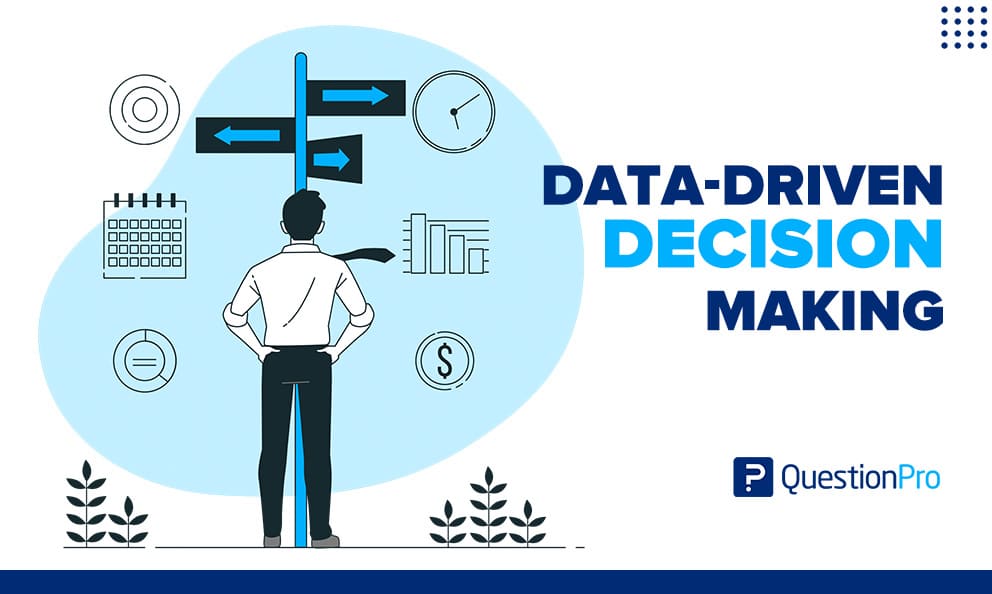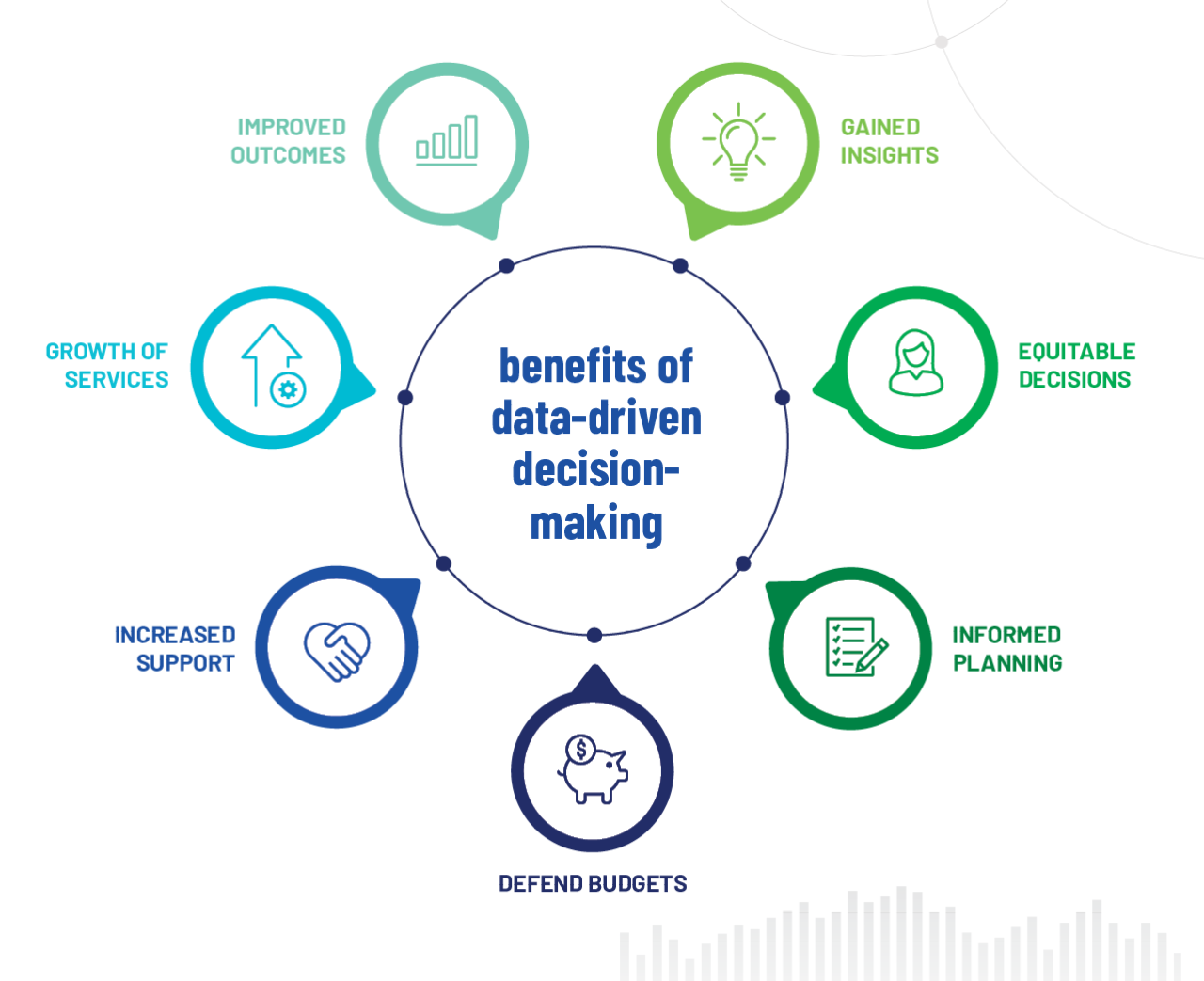Embark on a journey towards a healthier lifestyle guided by data-driven decisions. This captivating topic delves into the realm of health and well-being, illustrating how data can revolutionize our choices and habits for the better.
Delve deeper into the significance of leveraging data to make informed decisions that impact our overall wellness.
Introduction to Data-Driven Decision Making for Healthier Living
Data-driven decision making in the realm of health involves utilizing data and information to make informed choices that positively impact our well-being. By analyzing data related to our lifestyle, habits, and health metrics, individuals can better understand their bodies and make decisions that lead to healthier living.
Examples of Data Influencing Lifestyle Choices
- Monitoring daily steps taken using a fitness tracker to ensure meeting activity goals.
- Tracking food intake to identify nutritional gaps and adjust diet accordingly.
- Using sleep data to optimize bedtime routines for better rest and recovery.
Importance of Utilizing Data for Informed Decisions
Data empowers individuals to make proactive decisions about their health by providing insights into patterns and trends that may go unnoticed otherwise. By leveraging data, individuals can personalize their health strategies, set achievable goals, and monitor progress effectively, ultimately leading to a healthier lifestyle.
Tracking Health Metrics for Improved Wellness

Tracking various health metrics is essential for making informed decisions that can lead to a healthier lifestyle. By monitoring key indicators such as physical activity, sleep quality, and nutrition, individuals can gain valuable insights into their overall well-being and make adjustments as needed.
Physical Activity
Regular physical activity is crucial for maintaining a healthy weight, reducing the risk of chronic diseases, and improving overall mood and energy levels. Tracking metrics such as daily step count, workout intensity, and active minutes can help individuals stay motivated and accountable for their exercise habits.
Sleep
Quality sleep is vital for cognitive function, emotional well-being, and overall health. Monitoring metrics like sleep duration, sleep patterns, and sleep quality can provide valuable information on how well-rested an individual is and identify any potential sleep disorders or disturbances that may be affecting their health.
Nutrition
A balanced diet is key to supporting optimal health and preventing diseases. By tracking metrics such as calorie intake, macronutrient distribution, and food quality, individuals can make more informed choices about their eating habits and ensure they are meeting their nutritional needs.
Benefits of Technology and Apps
Technology and mobile apps have revolutionized the way we track and monitor our health data. With the help of wearable devices, smart scales, and health tracking apps, individuals can easily collect and analyze their health metrics in real-time, set goals, receive personalized recommendations, and stay motivated on their wellness journey.
Personalized Healthcare through Data Analysis
Personalized healthcare through data analysis involves utilizing individual health data to tailor healthcare plans specific to each person's needs and conditions. By analyzing data such as genetic information, medical history, lifestyle habits, and real-time health metrics, healthcare providers can create personalized treatment plans that are more effective and targeted.
Examples of Personalized Treatments
- Based on genetic testing results, individuals with a higher risk of certain diseases can receive proactive screenings and preventive measures to reduce their risk.
- Using data from wearable devices that track activity levels, sleep patterns, and heart rate, healthcare providers can offer personalized exercise and lifestyle recommendations to improve overall health.
- For patients with chronic conditions like diabetes, personalized treatment plans can be developed based on daily blood sugar levels, diet preferences, and medication adherence.
Impact on Overall Well-being
Personalized healthcare has a significant impact on overall well-being by providing targeted interventions that address individual health needs
Implementing Data-Driven Decisions in Daily Life

Implementing data-driven decisions in daily life can significantly improve our overall well-being by providing valuable insights and guidance. By integrating data analysis into our routines, we can make informed choices that positively impact our health and lifestyle. Let's explore some strategies, challenges, and benefits of relying on data for everyday decisions, along with tips on effectively using data to enhance our quality of life.
Strategies for Integrating Data-Driven Decisions
- Start by tracking key health metrics such as physical activity, sleep patterns, nutrition, and stress levels.
- Use wearable devices or mobile apps to collect data and monitor your progress consistently.
- Set specific goals based on the data insights and adjust your behaviors accordingly.
- Incorporate data analysis into decision-making processes for diet, exercise, and overall wellness.
Challenges and Benefits of Relying on Data for Lifestyle Choices
- Challenges: Over-reliance on data may lead to stress or anxiety, difficulty in interpreting complex data, and potential data privacy concerns.
- Benefits: Data-driven decisions can help in setting achievable goals, tracking progress effectively, and making informed choices for a healthier lifestyle.
- Finding the right balance between data-driven insights and personal intuition is key to overcoming challenges.
Tips for Effectively Using Data to Enhance Quality of Life
- Regularly review and analyze your health data to identify patterns and trends.
- Consult with healthcare professionals or data analysts for a deeper understanding of your data.
- Use data visualization tools to make complex data more accessible and actionable.
- Experiment with different data-driven approaches and adapt based on what works best for you.
Closure

In conclusion, embracing data-driven decisions in our daily lives can pave the way to a healthier future. By integrating technology and personalized healthcare strategies, we can enhance our quality of life and well-being.
Quick FAQs
How can data influence lifestyle choices for better health?
Data can provide insights into our habits, enabling us to make informed decisions that promote better health outcomes.
What are some examples of personalized treatments based on individual health data?
Personalized treatments may include customized exercise regimens, dietary plans, and medication tailored to an individual's specific health needs.
What are the challenges of relying on data for lifestyle choices?
Some challenges include data accuracy, privacy concerns, and the need for interpretation to make meaningful decisions.








